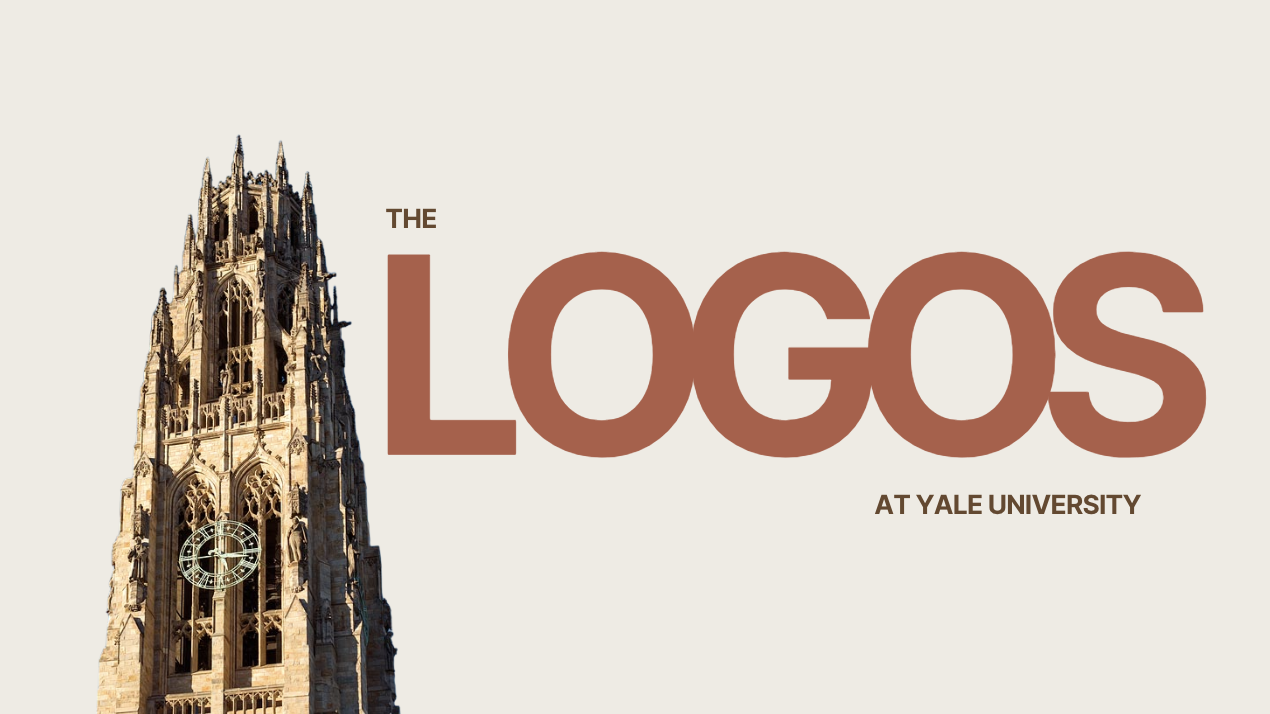
Search Our Writing:

Living in Parable: A Thought
Feb 22, 2016 | Valentina Guerrero PC' 19
"I will open my mouth in parables;
I will utter what has been hidden since
the foundation of the world." (Matthew 13:35)

The Fourth Scar
April 1, 2017 | By Nancy Walecki '20
I have a scar. When I look in the mirror in the right light, it takes the form of a neat, diagonal, pen stroke across the very top of my forehead, from the furrow in my brow to where it disappears into the hair above my temple. But when I only touch it and do not see it, it becomes a mountain range, filled with uneven peaks and valleys and jagged detours of knotted, sturdy flesh. If I tap my fingers lightly, I can feel the bone beneath that I saw once, before the mountain range converged and hid my inner-workings from me again. I remember it contrasted beautifully with the red—alabaster discovered during an excavation for rubies.

Logos Reviews: Eden Reimagined in First Cow
July 28, 2020 | by Sharla Moody BK ‘22. Sharla is majoring in English
NOTE: Spoilers ahead
Kelly Reichardt’s minimalist film First Cow[1] premiered in August of 2019 at Telluride and enjoyed an extremely limited release in March this year before it was pulled due to the COVID-19 pandemic. Earlier this week, it was made available for rental on digital, and I was able to enjoy what has been hailed as one of the best movies of the year.[2] Slow and friendly, the film concerns the adventures of Cookie, a trapper and cook in the Oregon Territory in the 1820s, and his new companion, King-Lu, a Chinese immigrant with a fuzzy history and fuzzier intentions.

Treasure Hidden in a Field
Oct 22, 2012 | by Richard Lee MC ’14
“The kingdom of heaven is like treasure hidden in a field, which a man found and covered up. Then in his joy he goes and sells all that he has and buy that field.” –Matthew 13:44, ESV
In this perhaps the shortest parable in the entire Gospel, we see a man who sells his entire possession to buy a field with the hidden treasure. It seems odd at first, for why would he sell everything? I ask this question, in part because I have struggled through many reading comprehension exams, but pause and imagine that you are walking through a field and discover a trove with gold, diamonds, gems and 500,000 shares of Apple stock. You are shocked. You want to claim the treasure, but your conscience tells you not to steal, for it is on another man’s property. If we truly “believe” or “have faith” in this situation, then it is natural that we would sell all that we have to buy the field with the hidden treasure, which is worth infinitely more than anything we have.

Fishers of Men
April 20, 2016 | by Valentina Guerrero, PC '19
The above verse is one of my favorite verses in the Bible. Matthew 4:18-20 is more than just another display of Jesus's (naturally) perfect play on words. It puts me in the moment - dehydrated and dirty, hopelessly waiting for fish that never come - standing beside Simon Peter and Andrew as Jesus calls to us. In an instant, our once laughable attempt at considering ourselves fishermen bears more meaning than we could have ever imagined. Yes, we are fishermen (albeit poor ones). However, if we drop everything and follow Jesus we can be great fishers of men. All we need is a little faith.

Who Do You Say I Am: The Centrality of the Church in the Christian Faith
Jan 23, 2016 | by Armando Ghinaglia YDS '17
He said to them, ‘But who do you say that I am?’” (Luke 9:20). Just as the Apostles before us, Christians have developed many responses to this question Jesus asked two thousand years ago. Some answers— “the way, the truth, and the life”—have become standard across all of Christianity. Others—“the only son of God, eternally begotten of the Father”—became tests of orthodoxy and heresy. Foundationally, however, any response to this question must lead back to the Church—not the individual—as the normative means by which we come to know Jesus as the Christ and deepen our relationship with God.
Upcoming Events:
-
Writing Voice Workshop
THURSDAY, JAN 22ND, 6:15-7:50 PM,
Elm Institute
This week, we will hone our writing voice in different styles.
-
Editing for Writing with Voice Workshop
THURSDAY, JAN 29TH, 6:15-7:15 PM, Location TBD
Based on the previous week’s workshop, we will edit our pieces to hone our writing voice.
-
Veritas Weekend
FEB 6-8TH, Boston
Save the date for Veritas Weekend in Boston! More information below!
Signup Date Passed
-
Theme Introduction Meeting
THURSDAY, FEB 12ND, 6:15-7:15 PM,
Location TBD
Our theme this semester is… mirrors! We will be exploring the literary tradition and potential topics for mirrors.
-
Theme Introduction at Elm
THURSDAY, FEB 19ND, 6:15-7:50 PM,
Elm Institute
We will be continuing our exploration of the theme of mirrors at the Elm Institute, with a session led by Peter Wicks.
-
Writing Retreat
SATURDAY, MARCH 28TH
We will be adjourning to the countryside to spend a day dedicated to making progress on our drafts.
